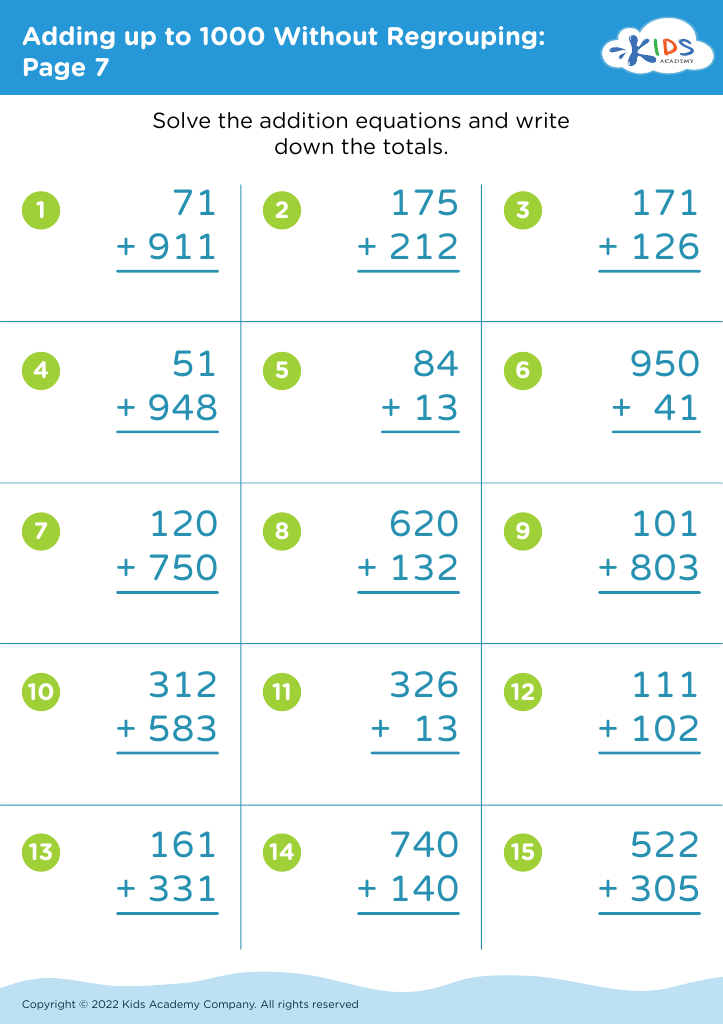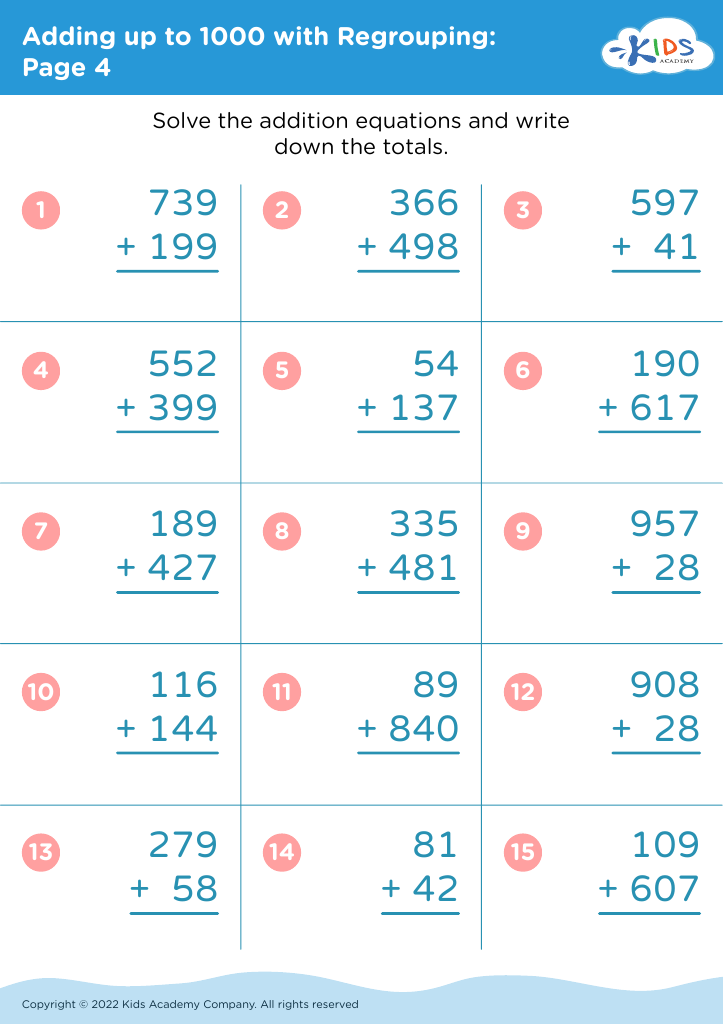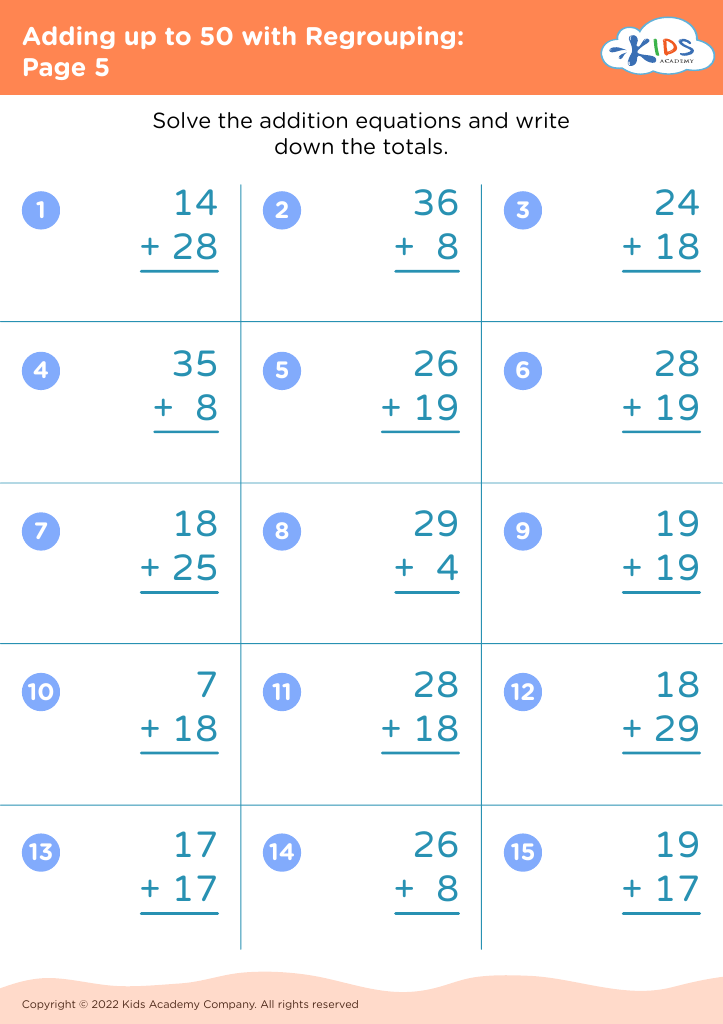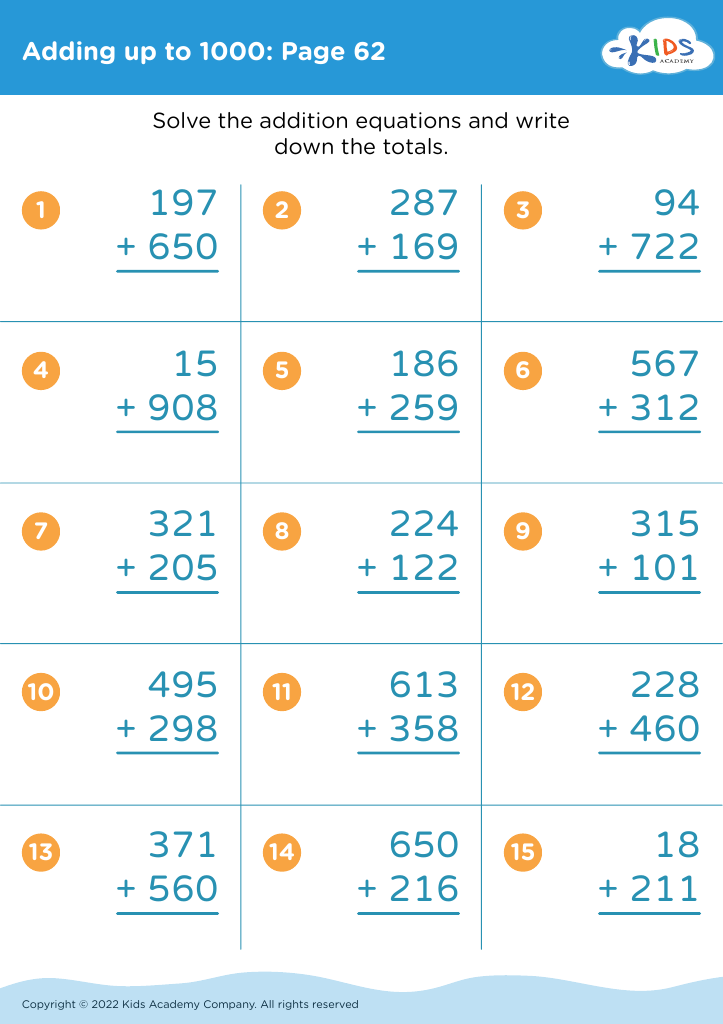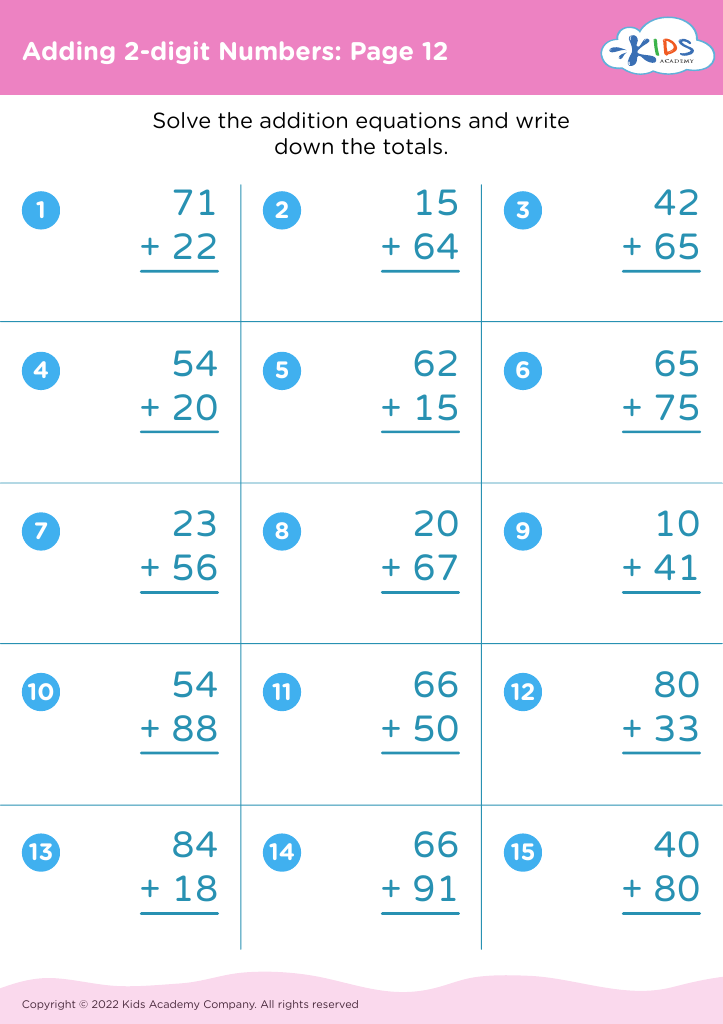Fraction comparison Worksheets for 7-Year-Olds
36 filtered results
-
From - To
Discover our engaging Fraction Comparison Worksheets designed specifically for 7-year-olds! These interactive resources help young learners master the essential skill of comparing fractions through fun exercises and visual aids. Each worksheet encourages critical thinking and nurtures mathematical understanding with colorful illustrations and relatable scenarios. Students will practice identifying greater and lesser fractions, enhancing their confidence in math. Ideal for classroom or home use, our worksheets provide step-by-step guidance to reinforce learning. Dive into the world of fractions today and watch your child's mathematical skills flourish! Perfect for parents and teachers looking for effective educational tools.
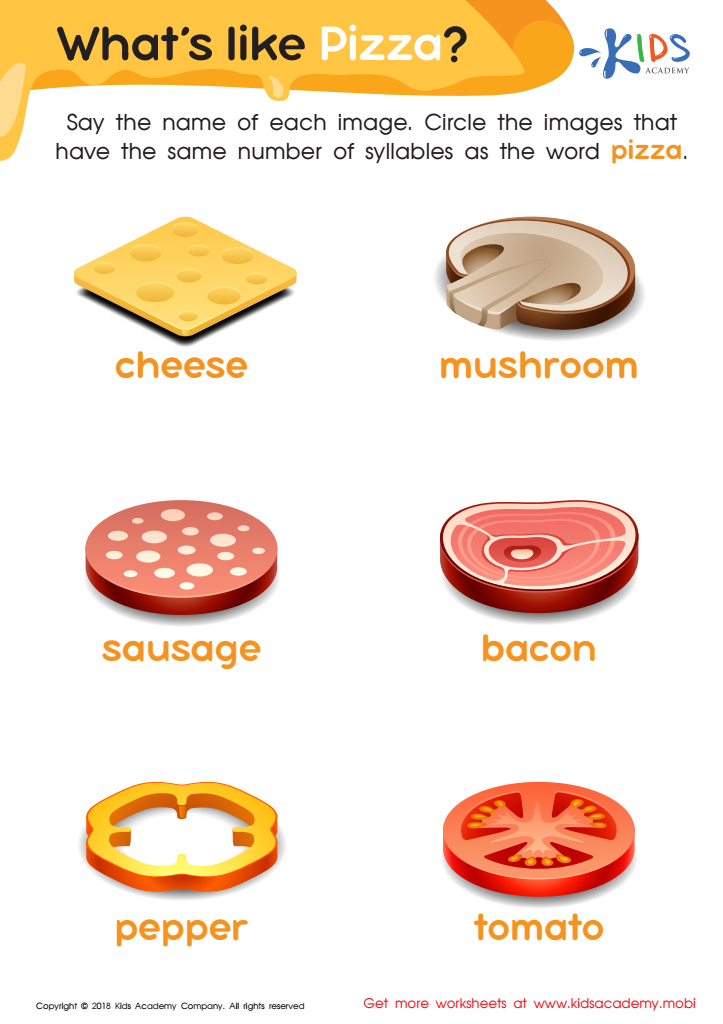

What's Like Pizza? Worksheet
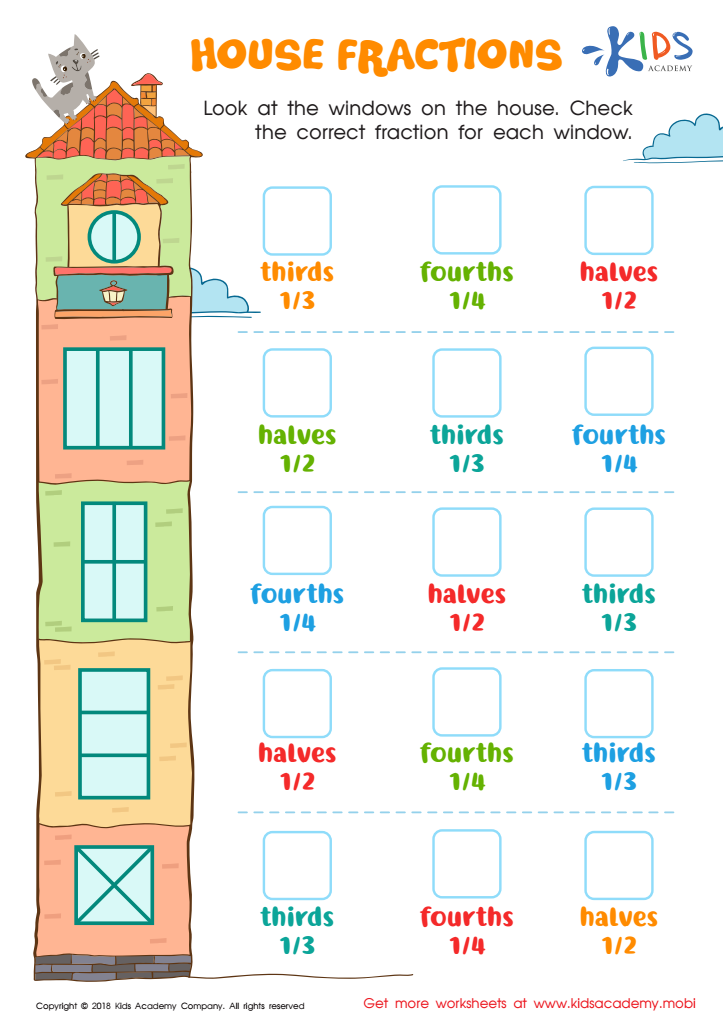

House Fractions Worksheet
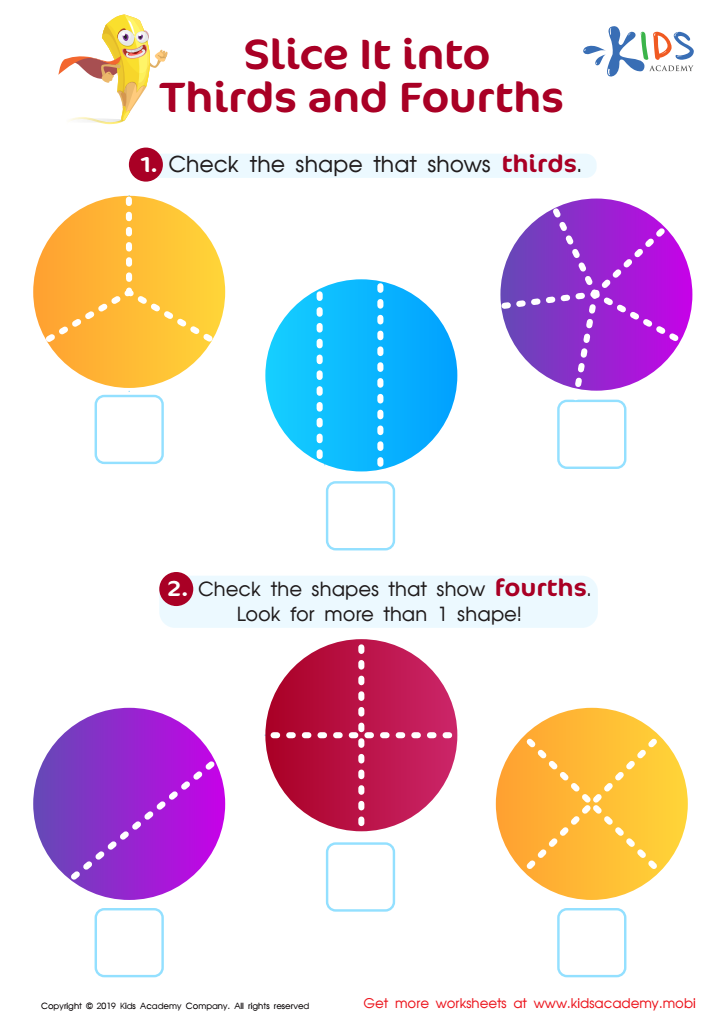

Slice in Thirds Fourths Worksheet
Understanding fraction comparison is crucial for 7-year-olds as it lays the foundation for their mathematical skills and critical thinking. At this age, children are beginning to grasp more abstract concepts, and mastering fractions helps them develop their number sense, which is essential for future mathematics learning.
By learning to compare fractions, children enhance their ability to handle real-life scenarios, such as dividing pizza slices or understanding proportions in recipes. This practical application can make math more engaging and relevant to their daily lives, fostering a positive attitude towards the subject.
Moreover, comparing fractions introduces students to key mathematical concepts such as equivalence, ordering, and the understanding of numerators and denominators. It encourages them to work with fractions visually, often using number lines or models, which helps solidify their grasp on the concept through visualization.
Finally, proficiency in fractions builds confidence and prepares children for more complex math topics they'll encounter in later grades. For teachers and parents, fostering these skills is vital not only for academic success but also for their child's overall cognitive development and problem-solving abilities, contributing to a lifelong appreciation of mathematics.
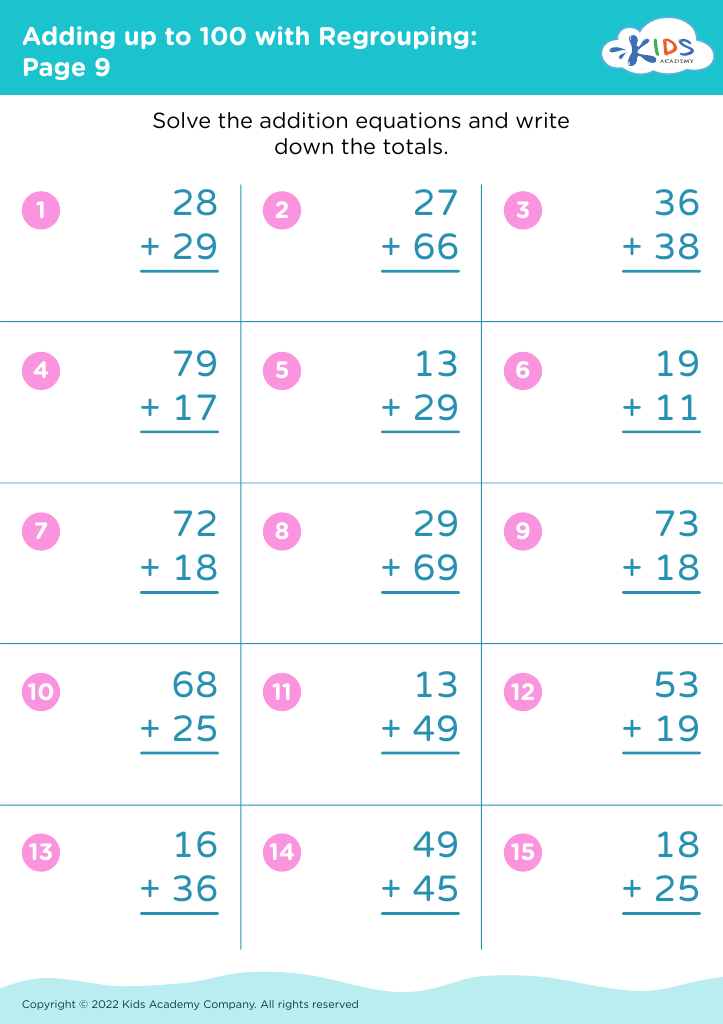


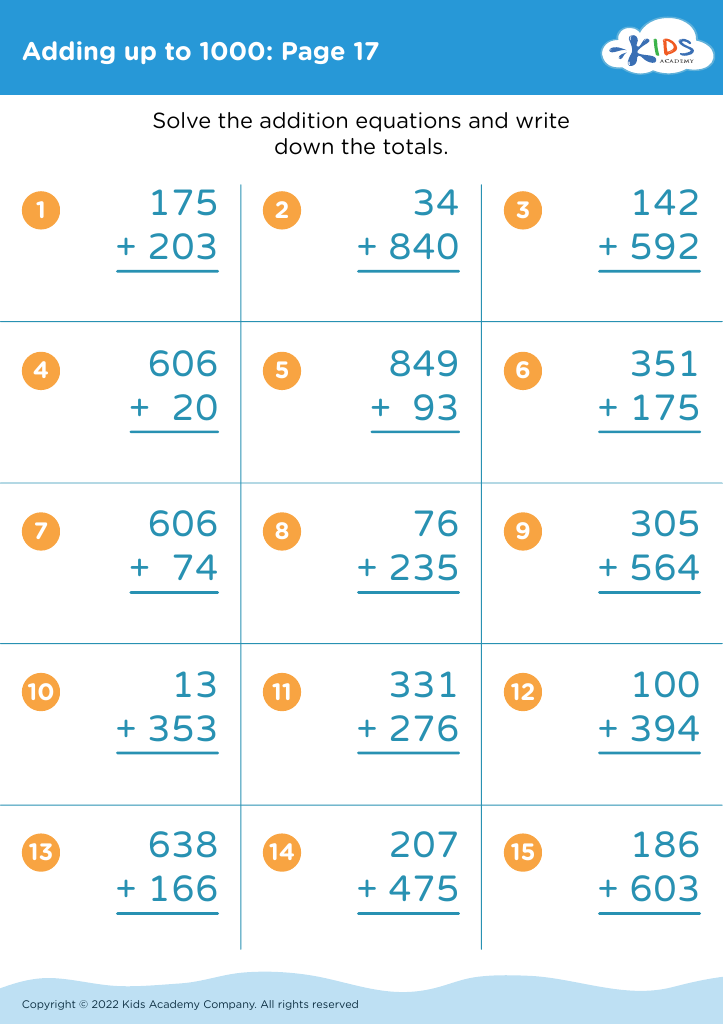
 Assign to My Students
Assign to My Students

